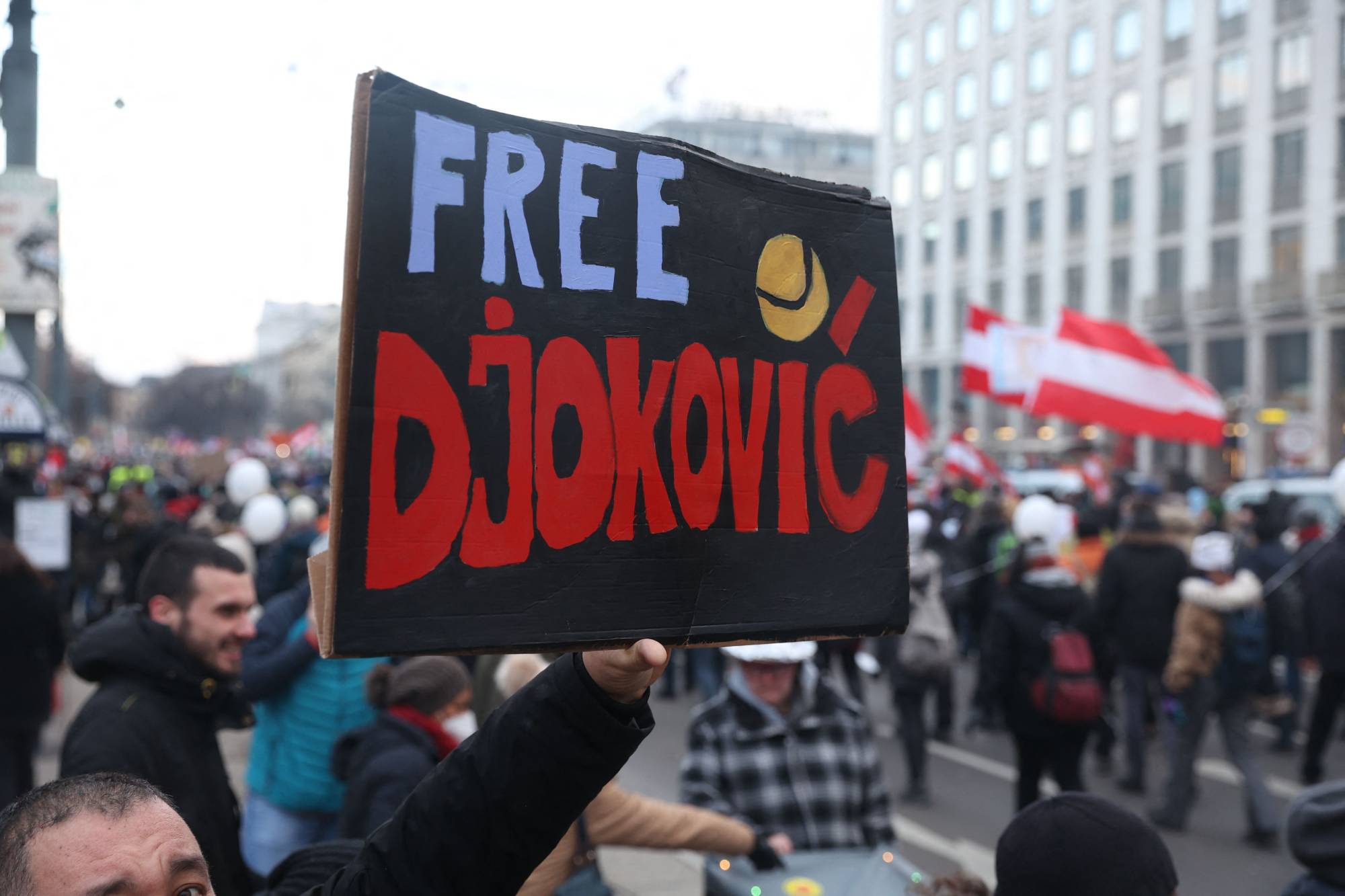Australia’s tough border laws have been the envy of conservative governments around the world. But this time, those regulations — the ones that put a hold on the grand slam ambitions of the men’s No. 1 tennis player, Novak Djokovic — have collided with the country’s pandemic restrictions and a global sporting event. It’s produced a political firestorm that’s burning from Belgrade to Canberra.
Fear of COVID-19 has dovetailed with xenophobia to express what Australian governments really feel about foreigners entering their shores. That Djokovic spent several days confined to a Melbourne hotel that has been used as yet another ad-hoc detention center for refugees — many who’ve been locked up in one form or another for nine years — only serves to highlight the nation’s squeamishness over migration. On Monday, a local court quashed the cancellation of his visa and ordered his immediate release. Djokovic may yet be able to play in the Australian Open, which begins on Jan. 17.
The furor has also brought to global attention the nation’s eye-wateringly expensive immigration policy, which has caused immeasurable suffering to the thousands who’ve endured it. As of September, 1,459 people remain caught in its cruel limbo. It’s estimated that offshore processing cost the Australian government $6.2 billion from 2014 and 2020, with the annual bill for the detention of a single asylum seeker in Papua New Guinea or Nauru estimated to be $2.5 million, according to the Kaldor Center for International and Refugee Law at the University of New South Wales.



















With your current subscription plan you can comment on stories. However, before writing your first comment, please create a display name in the Profile section of your subscriber account page.